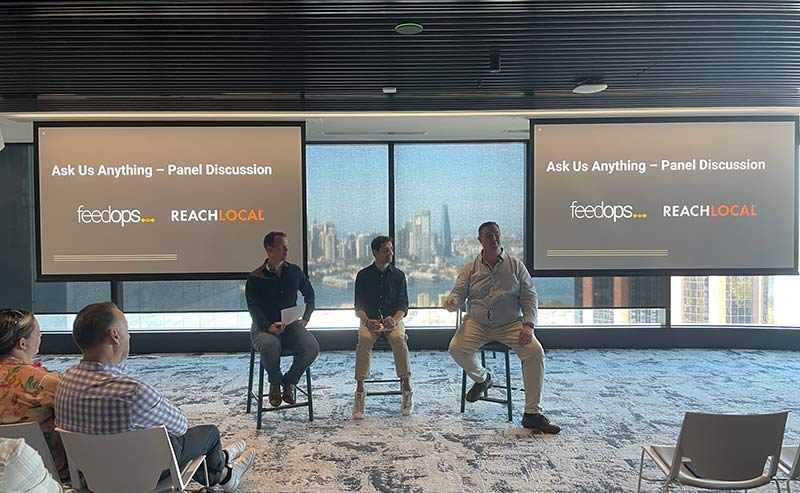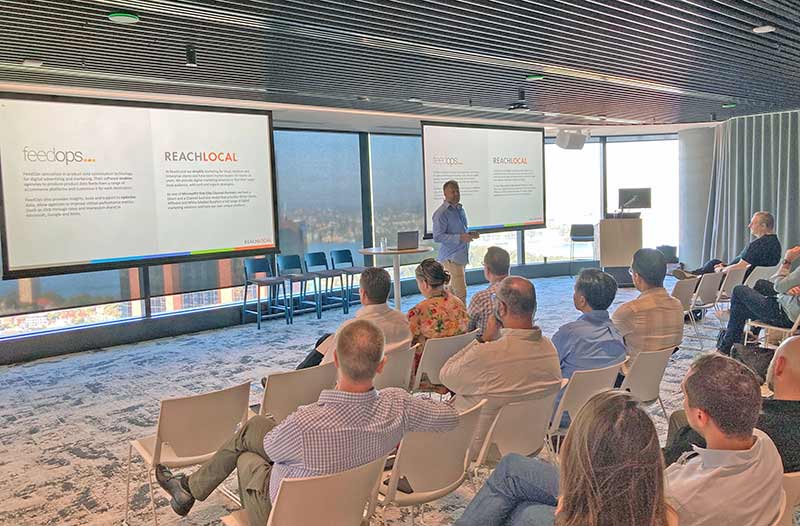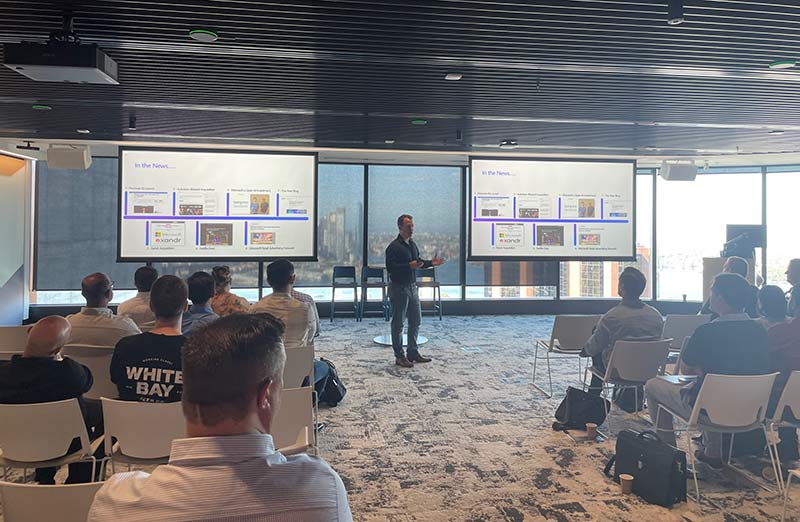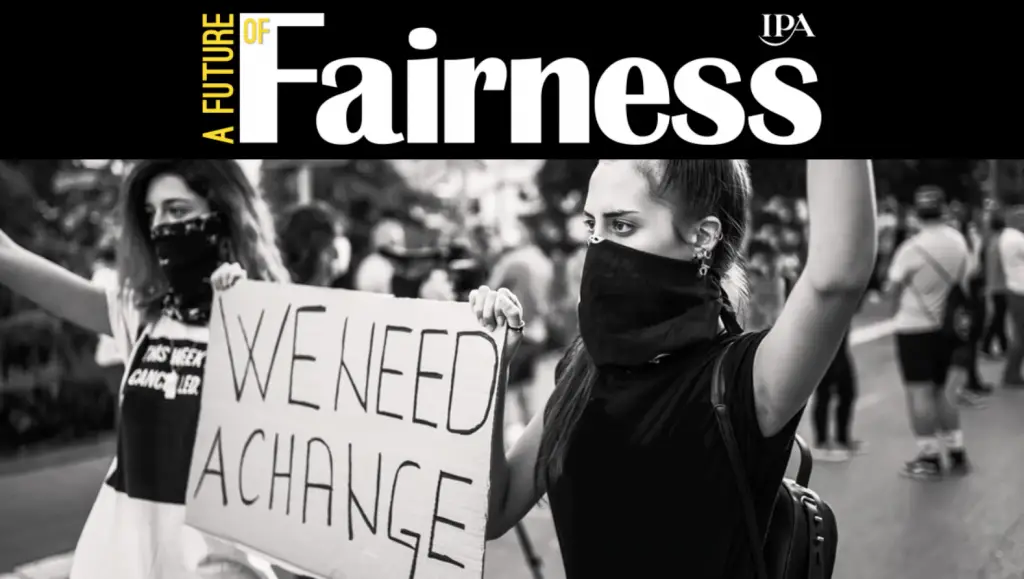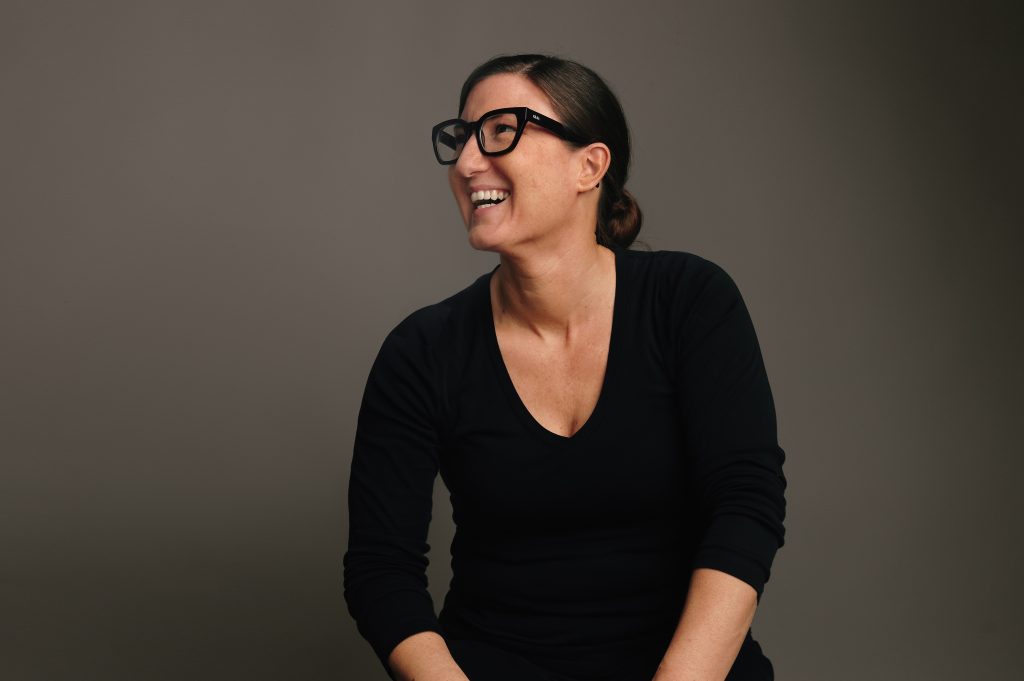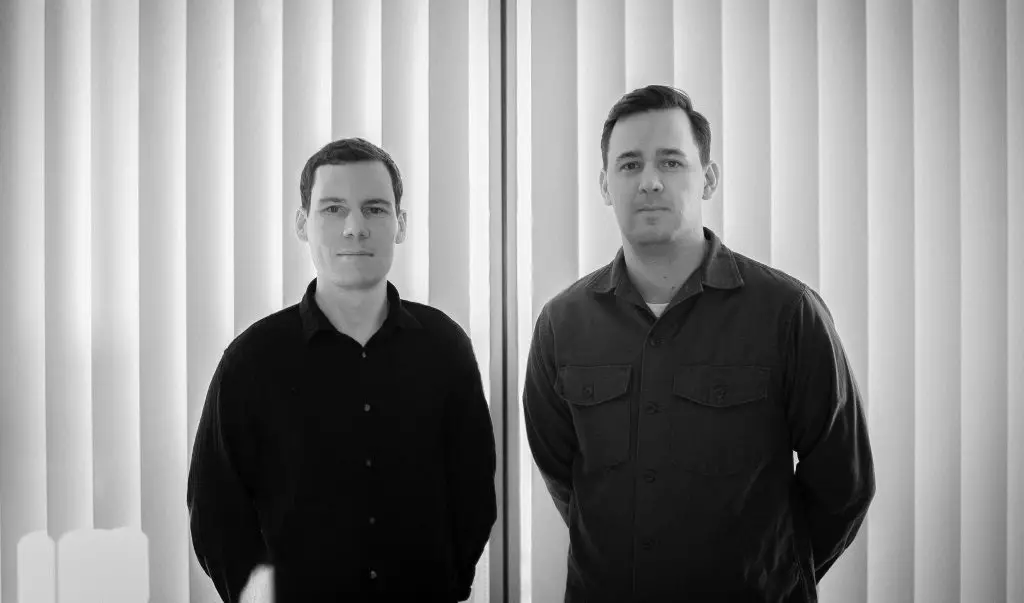Creative development
Several executives said that remote work is hurting the development of creatives more than the output. Campbell, who learned his craft working at shops such as Wieden+Kennedy and Goodby Silverstein & Partners, noted that “creatives who came out in the last three years are missing out on being next to someone and watching them do their thing.”
Remote work “hasn’t affected experienced creative thinkers,” said Graf, adding that “it’s a little harder when mid-level junior people are involved” who may require guidance from more seasoned talent that might be lacking in a remote environment.
“It’s really hard for juniors to start out in a different city and try to do it all remotely,” said Greg Hahn, co-founder and CCO of Mischief @ No Fixed Address. “There’s so much you have to learn about just what it takes to go through production or to present to a client or to get stuff ready,” he added. “People who started out of college in the lockdown were at a disadvantage.”
Read more: Ad agencies face succession hurdles
New vs. old methods
Hahn’s agency was formed during the pandemic when remote work was at its height, yet has trophy cases stuffed with creative awards, including Ad Age’s Agency of the Year honor for 2022. “We were built during this time and could sort of flex and see what works as we were going along,” he said. “It’s harder for these places that have massive office structures that have been doing things the same way for the last couple of decades and had to figure out a way to make that work.”
For an agency like We Believers, which has been operating remotely since 2014 and has racked up Cannes awards each year since its launch, the creative conversation is moot.
“We’d rather have the right talent having the freedom to work from their place of choosing than a bunch of energy and hours wasted on the daily commute,” Marco Vega, president and co-founder, said. “We’ve grown steadily every year since we started the agency and, if anything, our creative output has thrived … A remote setup opens up space to choose the right partners for the idea rather than just using your full-time staff.”
Other agencies, including 72andSunny, Circus Maximus and Movers + Shakers, continue to have a work-from-anywhere model.
Chemistry Chief Creative Officer Chris Breen believes one reason some feel the quality of work has dropped recently is because of the fragmented media landscape in which ads exist.
“It was much easier 15 years ago to point towards five amazing [creative ideas],” Breen said. “Now, maybe three of those amazing [ideas] you never see because it’s not all mass media,” he said. “It’s going to a much more defined audience and you may not be a part of that.”
“I’m not sure that it’s the creative that’s worse, but more that advertising itself is,” said Katie Keating, co-founder and co-chief creative officer of remote agency Fancy. “Not only are budgets shrinking, but what’s left must be spread further. Much more is going into tactical work and that’s often done in-house. My feed is full of product shots, demos, influencers. When I have the occasion to watch linear TV, I see a lot of interesting DTC brands doing a bunch of uninteresting commercials.”
Credle believes one of the reasons for the decline in work is related to the rise in project-based assignments. A recent report from consultancy R3 found that even though there was an 11% increase in the number of global pitches in 2022, overall those pitches brought in 35% less revenue compared to the year prior.
“Great work comes from trust and mutual respect. Great work is often the outcome of a commitment to a point of view and multiple attempts at expressing that POV creatively,” Credle said. “Hire agencies by the hour, and it’s hard for client or agency to drive the work where it needs to go.”
Credle also said the industry needs to do a better job of championing more “brand-defining work” rather than just award-winning work.
“If we want great creative work to work, we have to prove we can do it on our biggest brands,” Credle said. “Most agencies do their best work on special projects—those that sit off to the side of where the working dollars are being spent. We have to motivate, inspire and pay our people to do their best work on our clients’ greatest media investments.”
from Digital Marketing Education https://ift.tt/0g58sHT
